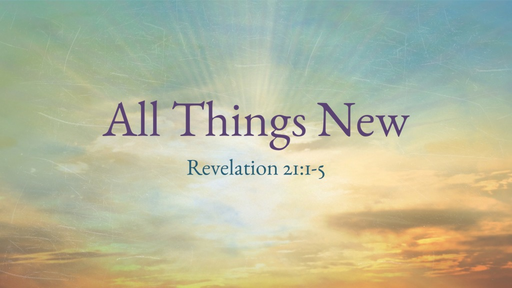All Things New

pert. to that which is recent in contrast to someth. old
The statement “you were in Eden, the garden of God” (v. 13; cf. 31:8–9) must mean that the king of Tyre is being compared to someone who was in the garden of Eden. The verses describe someone in an exalted position who was favored by God75 but who became corrupt and lost that position. This could describe the first man, Adam.76 Yet even granting the figurative nature of language, it seems that something more than a human creature is in view.
Who, then, was the person whose character was like the king of Tyre that fulfilled the elements of vv. 12–17? The serpent was known for his craftiness (Gen 3:1), his deceit, and his anti-God attitude (3:4), leading humanity to sin (3:6–7).82 Elsewhere he is presented as a deceiver (Rev 12:9; 20:2), an instigator of evil (John 13:2, 27), one who seeks worship as a god (Luke 4:6–8; 2 Thess 2:3–4), and one who seeks to get others to renounce God (Job 2:4–5). He appears as an angel of God (2 Cor 11:14) and as the father of lies and violence (John 8:44), distorts Scripture (Matt 4:6), opposes believers (2 Cor 2:11), and finally is judged (Matt 25:41; Rev 19:20–21; 20:13–15). Therefore the conclusion that the figure behind the poetic symbol is the serpent (also known as the adversary, the devil, Satan; Rev 12:9) is a logical one.
All that has caused sadness and suffering will be taken away. All sin that has been the source of sorrow will be gone. God himself will wipe away the tears, and they will never return.
Has this world been so kind to you that you should leave it with regret? There are better things ahead than any we leave behind.
C. S. Lewis